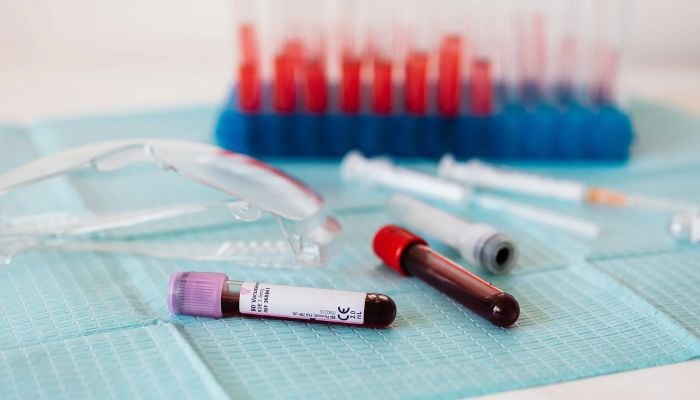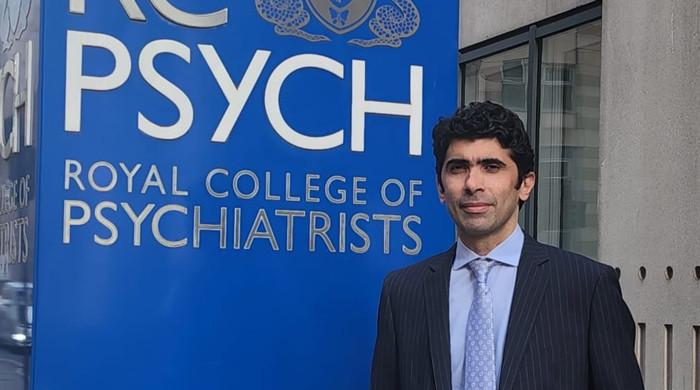Could blood test detect Alzheimer's disease?
Although there is no known cure for Alzheimer's, aducanumab and lecanemab are two medications that may slow cognitive loss
February 01, 2023

A blood-based test that was created by King's College London researchers can predict Alzheimer's disease up to 3.5 years before a clinical diagnosis, reported Health News.
Over 50 people with mild cognitive impairment (MCI), or a deterioration in memory or cognitive function, participated in the study. Between 5% and 20% of adults, 65 and older, have the disorder, which is not severe enough to impede everyday life. Most people with MCI are aware of it.
Alzheimer's disease does not inevitably develop in MCI patients, however, 10% to 15% of MCI patients are thought to get dementia each year. Thirty-six of the study's 56 participants — the results of which were published in the journal Brain — were ultimately given an Alzheimer's diagnosis.
Using human brain cells and human blood, the researchers created an in-vitro model of the neurogenesis process, which results in the formation of new neurons. In order to observe how brain cells changed in reaction to blood as Alzheimer's disease advanced, researchers treated brain cells with blood from MCI patients.
The changes in neurogenesis took place 3.5 years prior to a clinical diagnosis, according to research using blood samples taken the farthest from the patients' Alzheimer's diagnosis.
Additionally, the blood samples taken from participants who later had Alzheimer's disease encouraged a decrease in cell growth and a rise in apoptosis or programmed cell death.
This, according to researchers, is the first instance in which the circulatory system of the human body has an impact on the generation of new brain cells.
"We are excited about the potential applications of the blood-based test we used. For example, it can help stratify individuals with memory problems for a clinical trial of disease-modifying drugs for Alzheimer's," says Dr Hyunah Lee, the study's joint first author, King's Institute of Psychiatry, Psychology & Neuroscience.
Dementia, a general term for memory loss and other cognitive impairments severe enough to interfere with daily life, is most frequently caused by Alzheimer's disease.
According to estimates from 2022, 6.5 million Americans aged 65 and older are projected to be suffering from Alzheimer's. More than 70% of people are 75 years of age or older.
Alzheimer's disease frequently starts with trouble learning new material. The signs develop over time and may include changes in attitude and behaviour, confusion, disorientation, trouble speaking or swallowing, and difficulty walking.
Although there is no known cure for the condition, aducanumab and lecanemab are two medications that may slow cognitive and functional loss.











